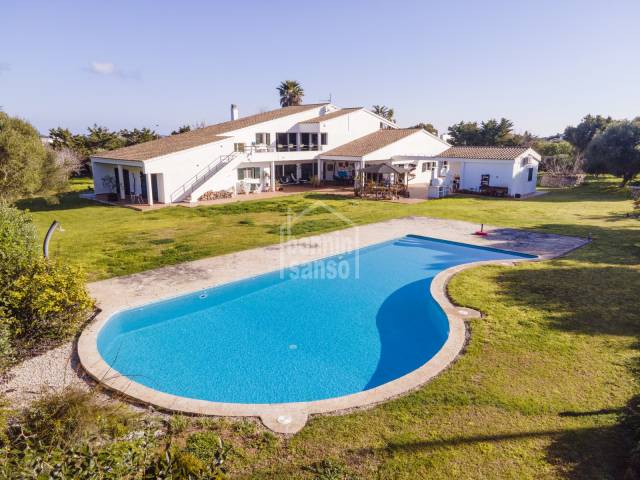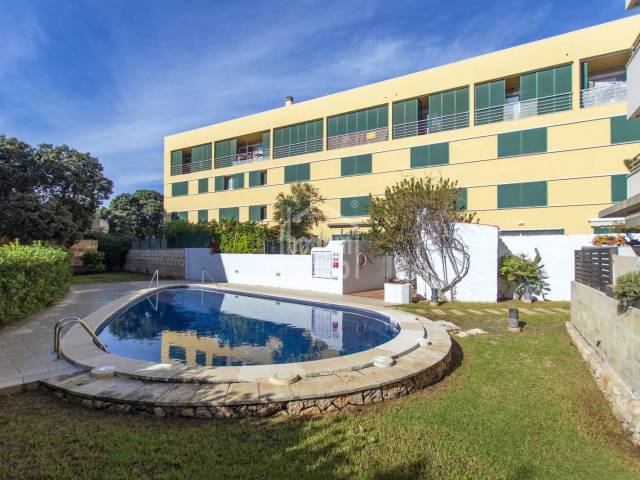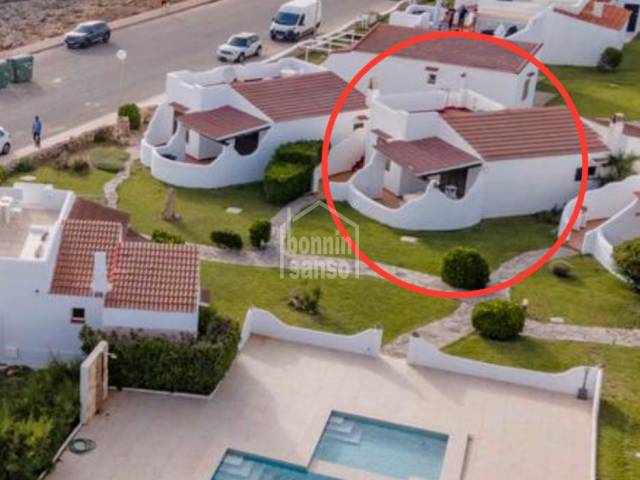Ref. 92201
Immobilien nicht im Web verfügbar
Einige Vorschläge:
Prächtige Villa mit großen offenen Räumen sehr hell, mit einem zeitlosen Stil, der perfekt in die Umgebung passt.Die ca. 650m² wurden liebevoll mit Hochwertigem Material konstruiert auf einem Grundstück...










Mietpreis: 8.000 € / monat
Verfügbar
Schöne Wohnung in erster Etage. Mit Aufzug, schöner Garten mit Gemeinschaftspool, in einem kürzlich erbauten Gebäude. Sie liegt in einer der elegantesten Gegenden der ehemaligen Hauptstadt. Es bietet...










Verfügbar ab: 01/06/2025
Achtung! die Fotos sind aus der Nachbarimmobilie, da diese Immobilie aktuell umgebaut wird. Es wird aber in diesem Stil umgebaut. Willkommen in diesem einzigartigen Bungalow in zweiter Reihe am...













